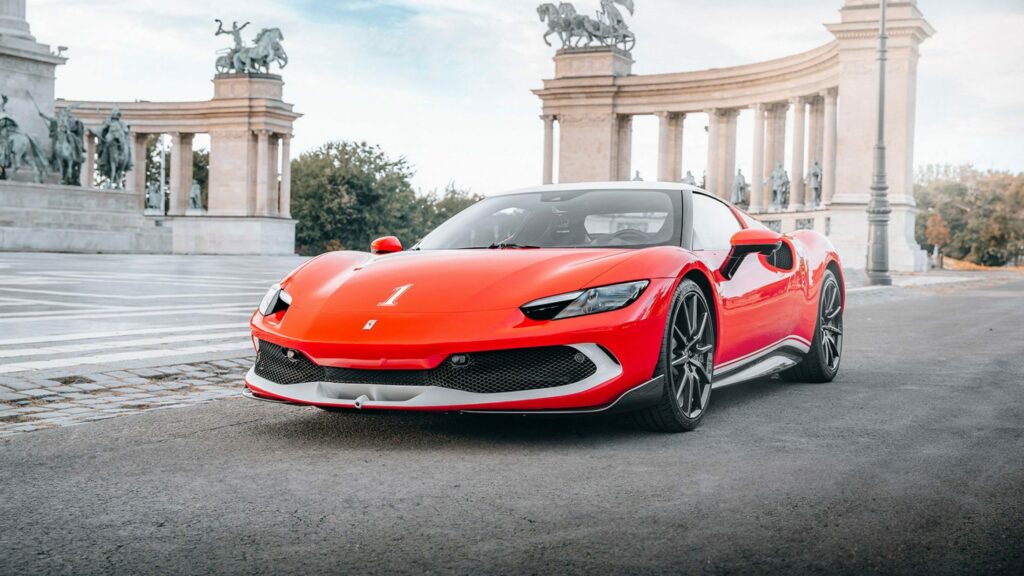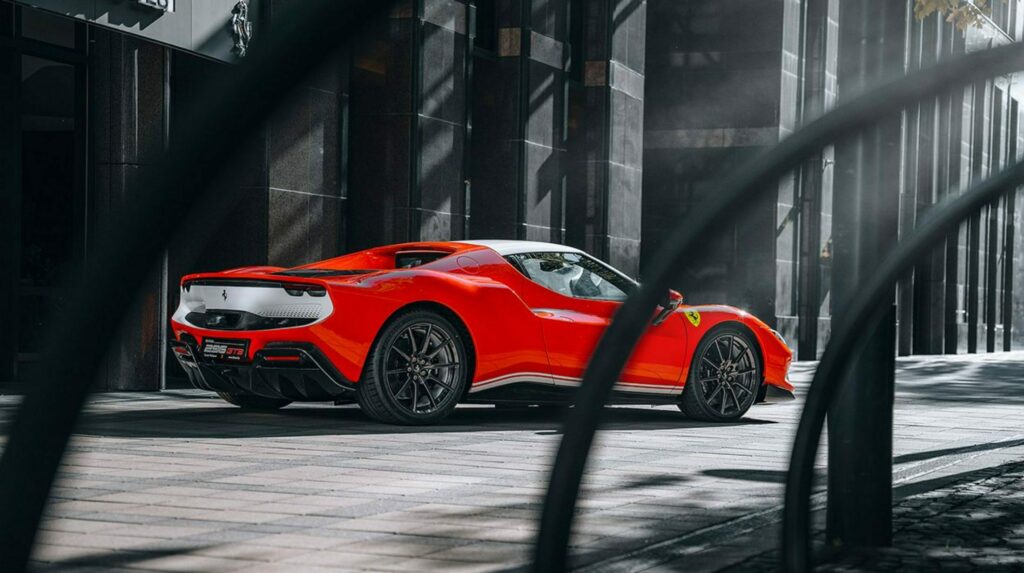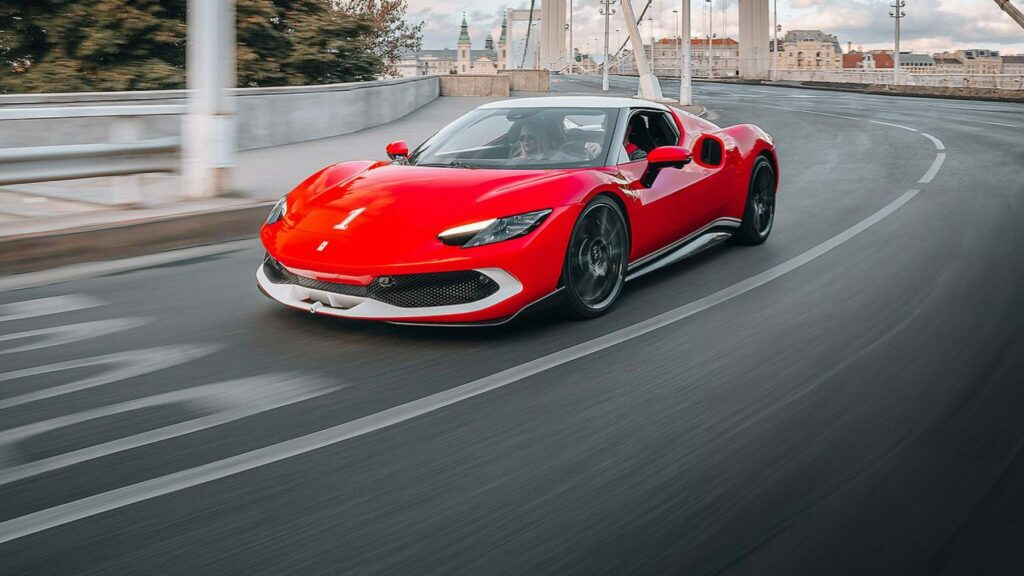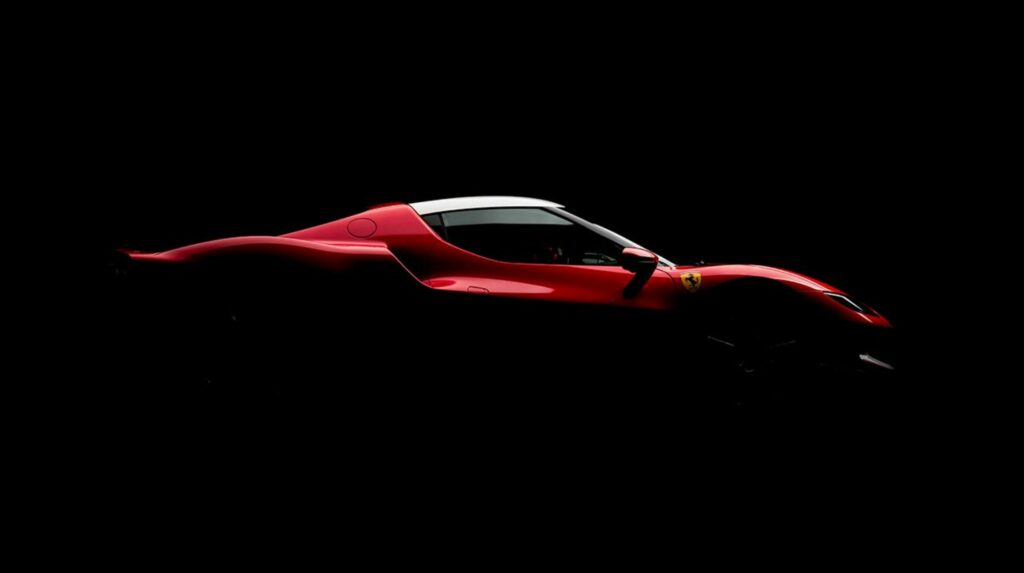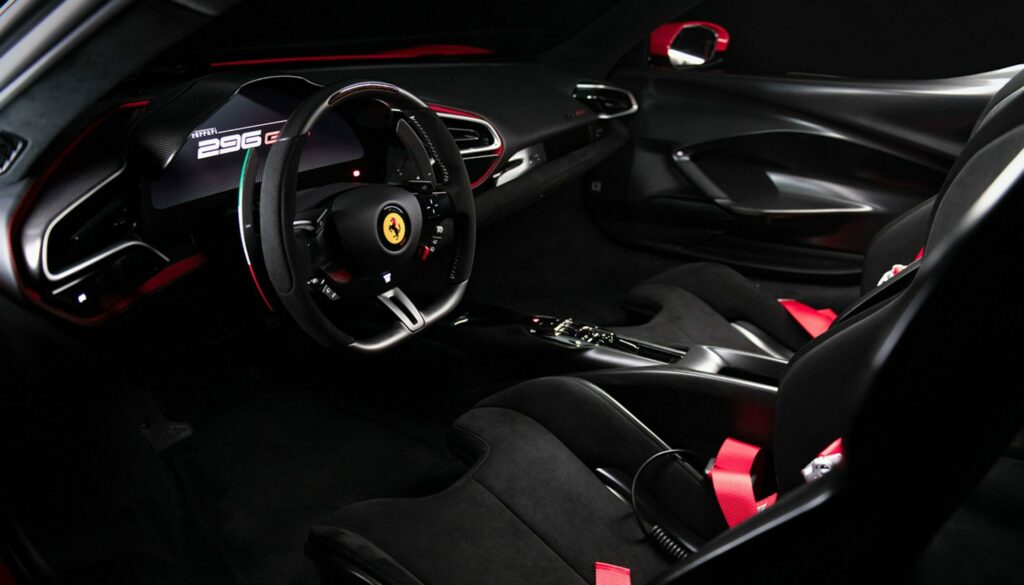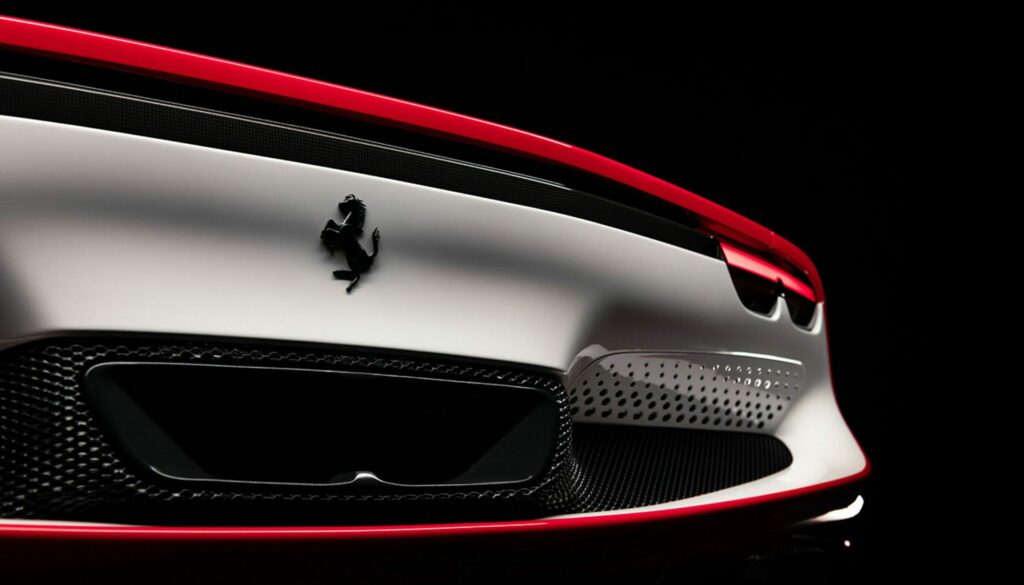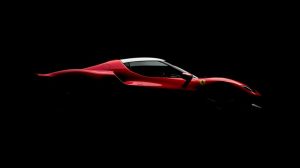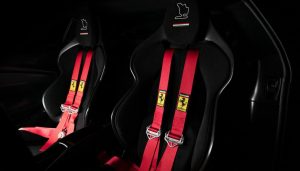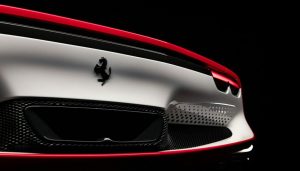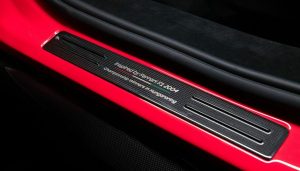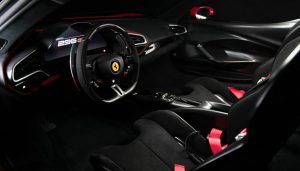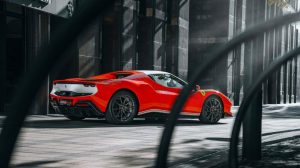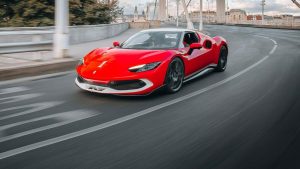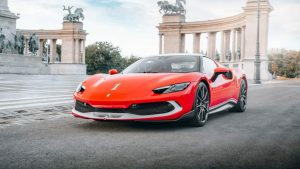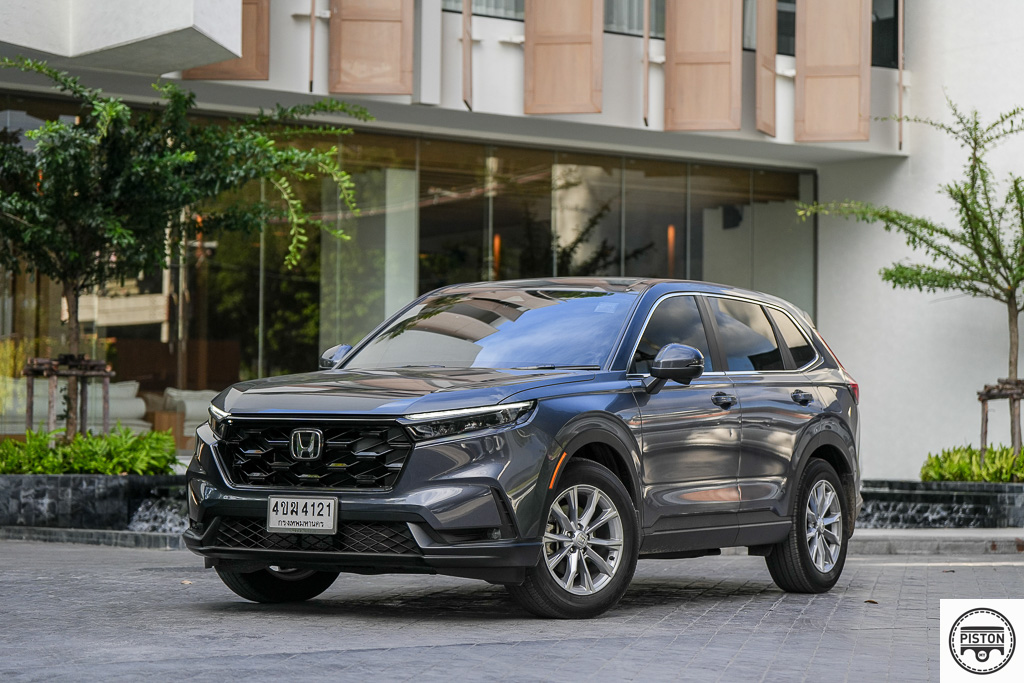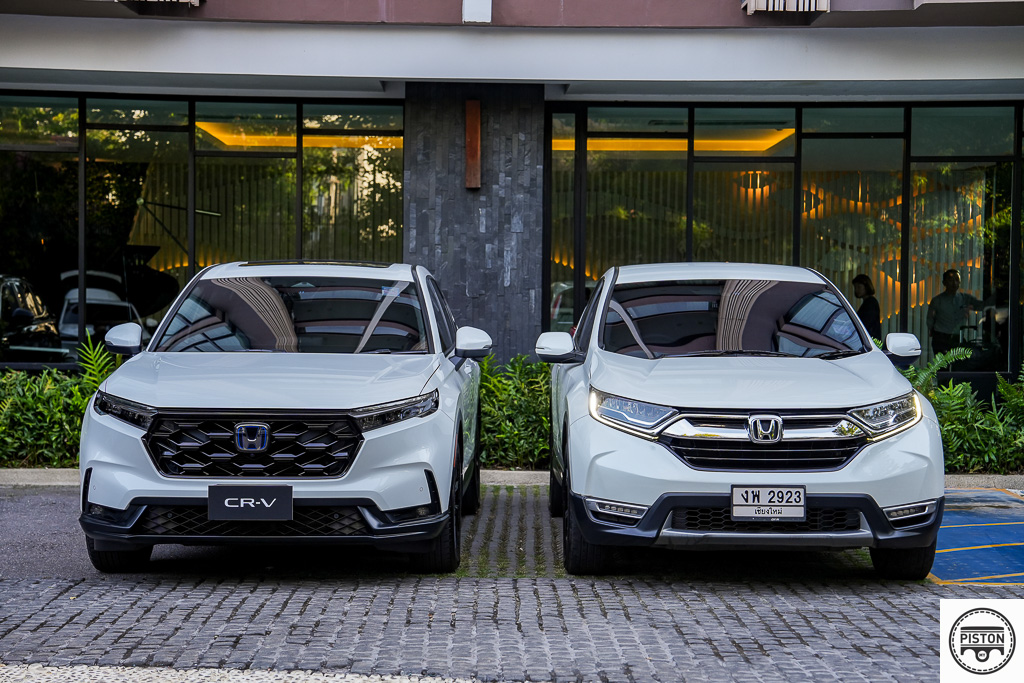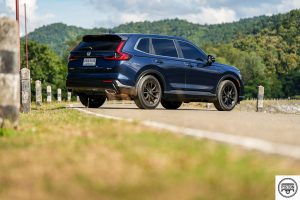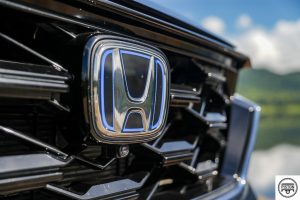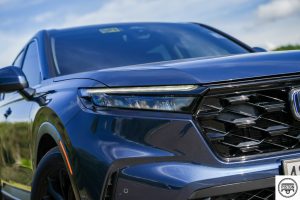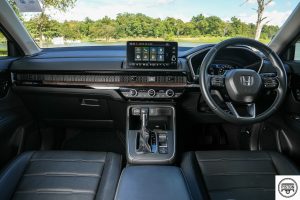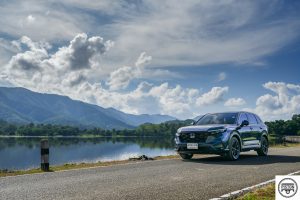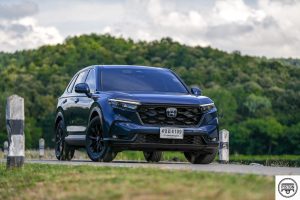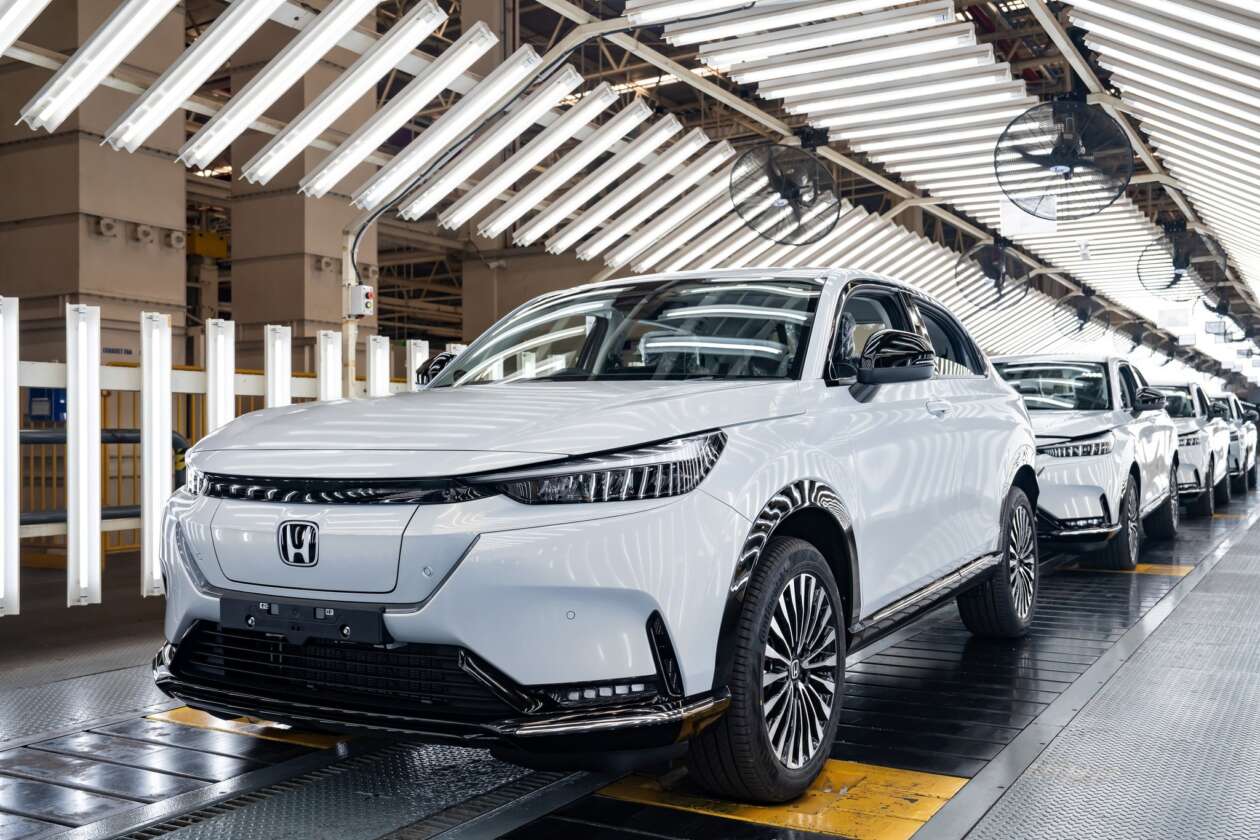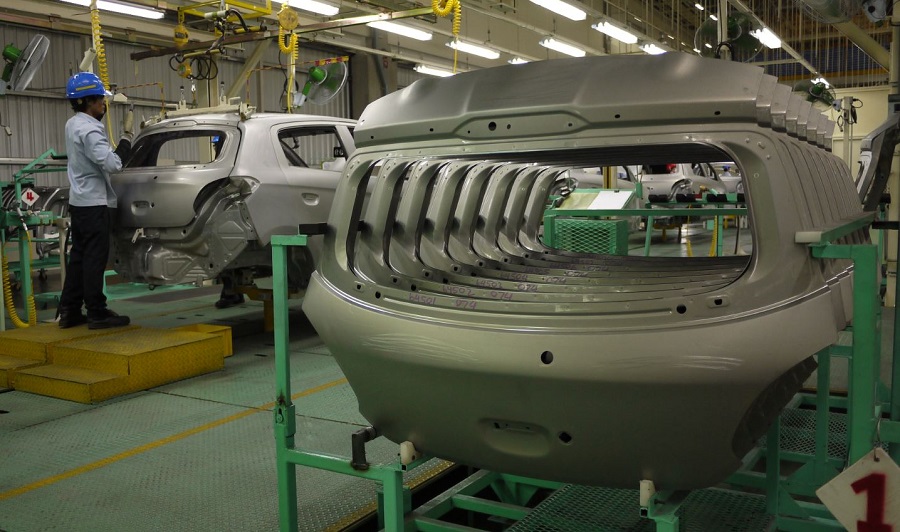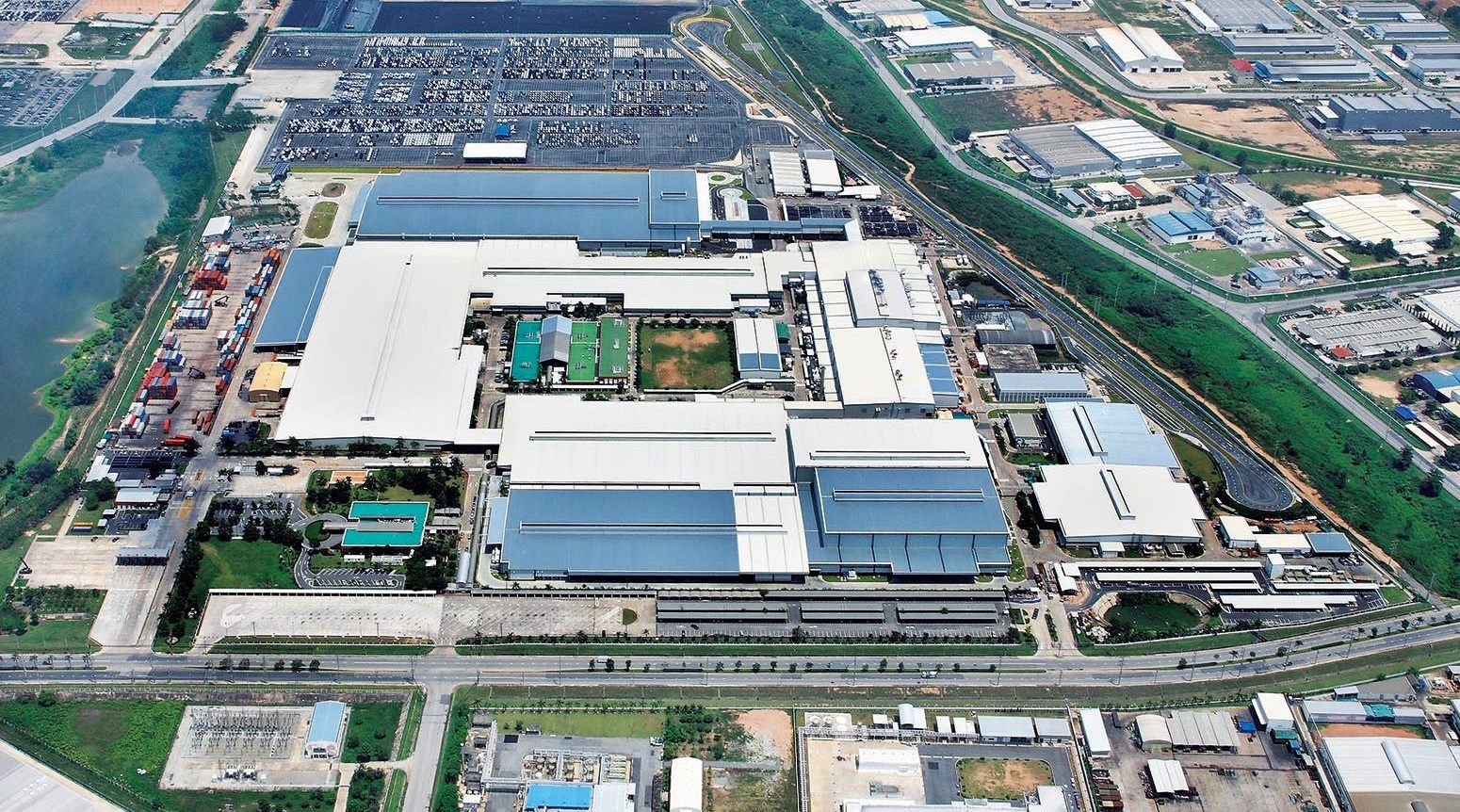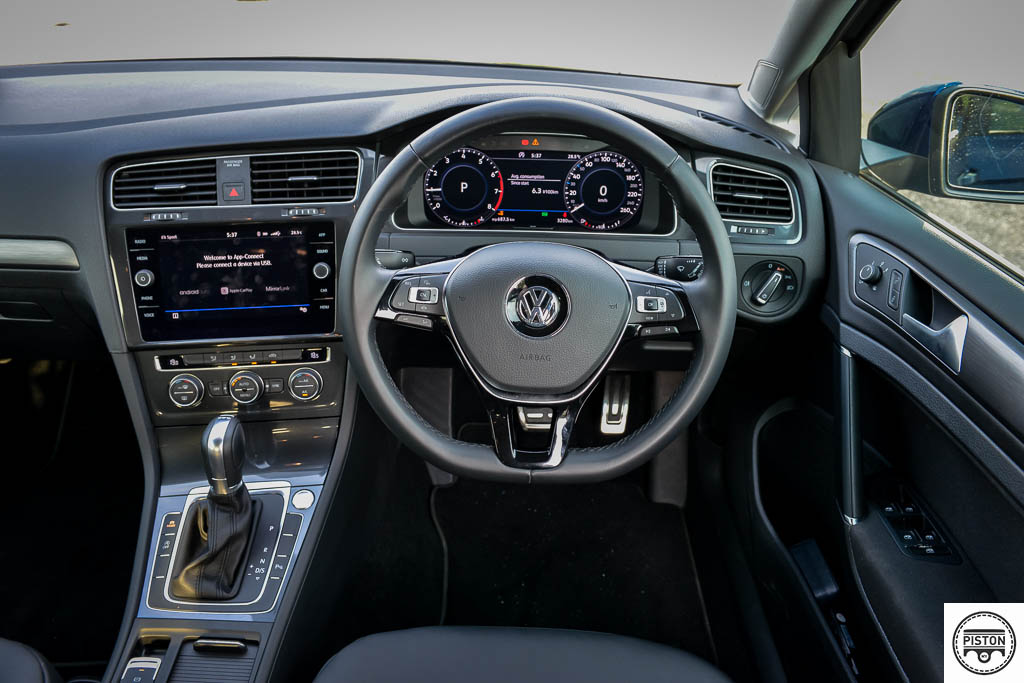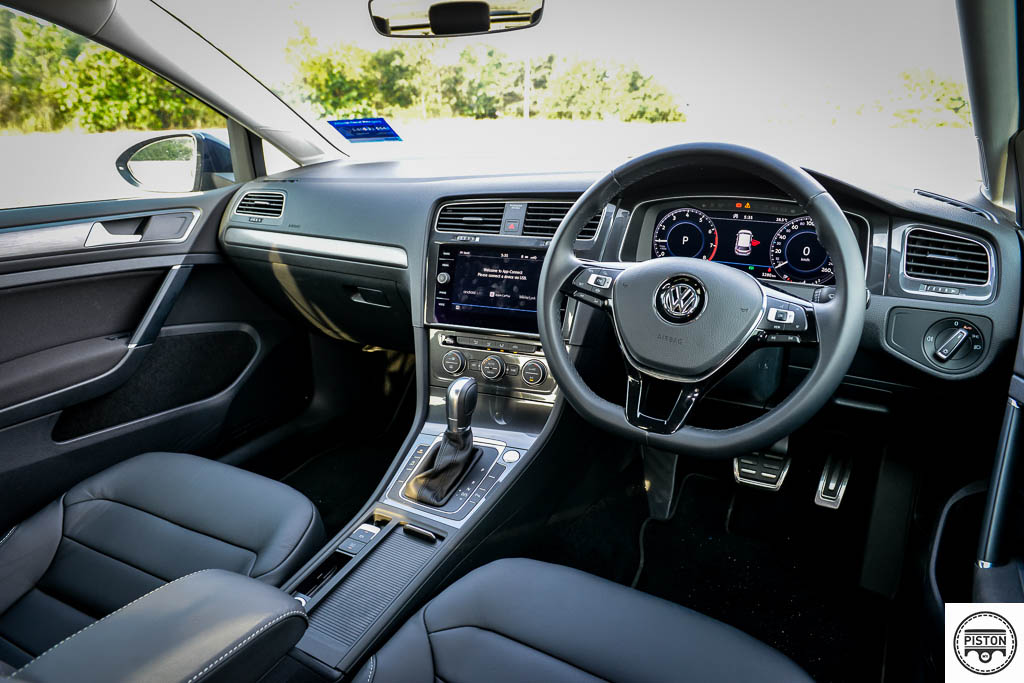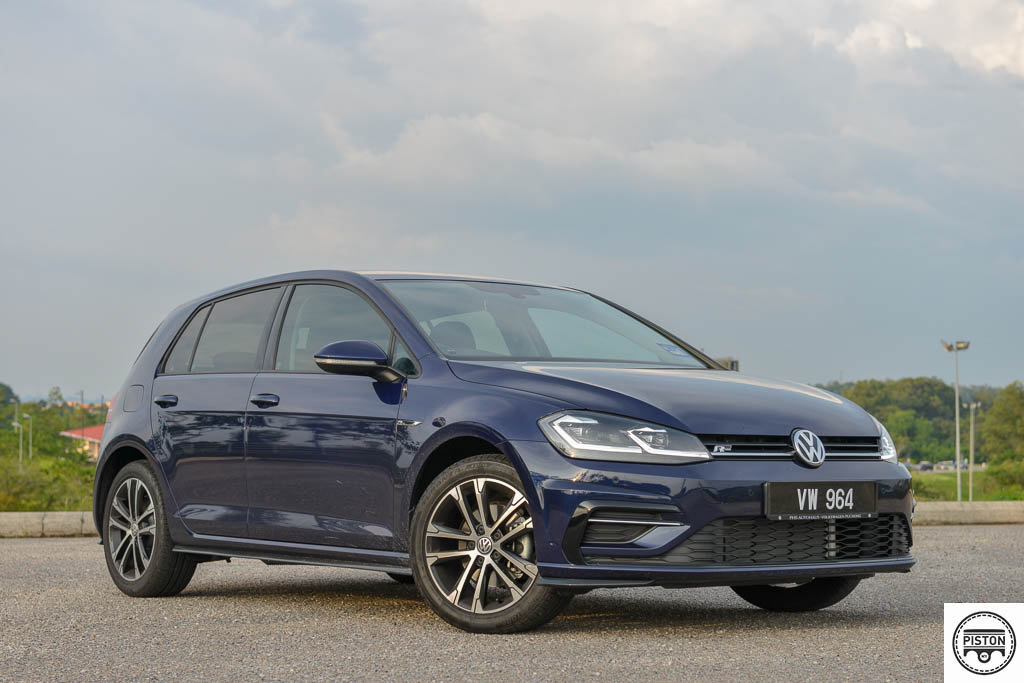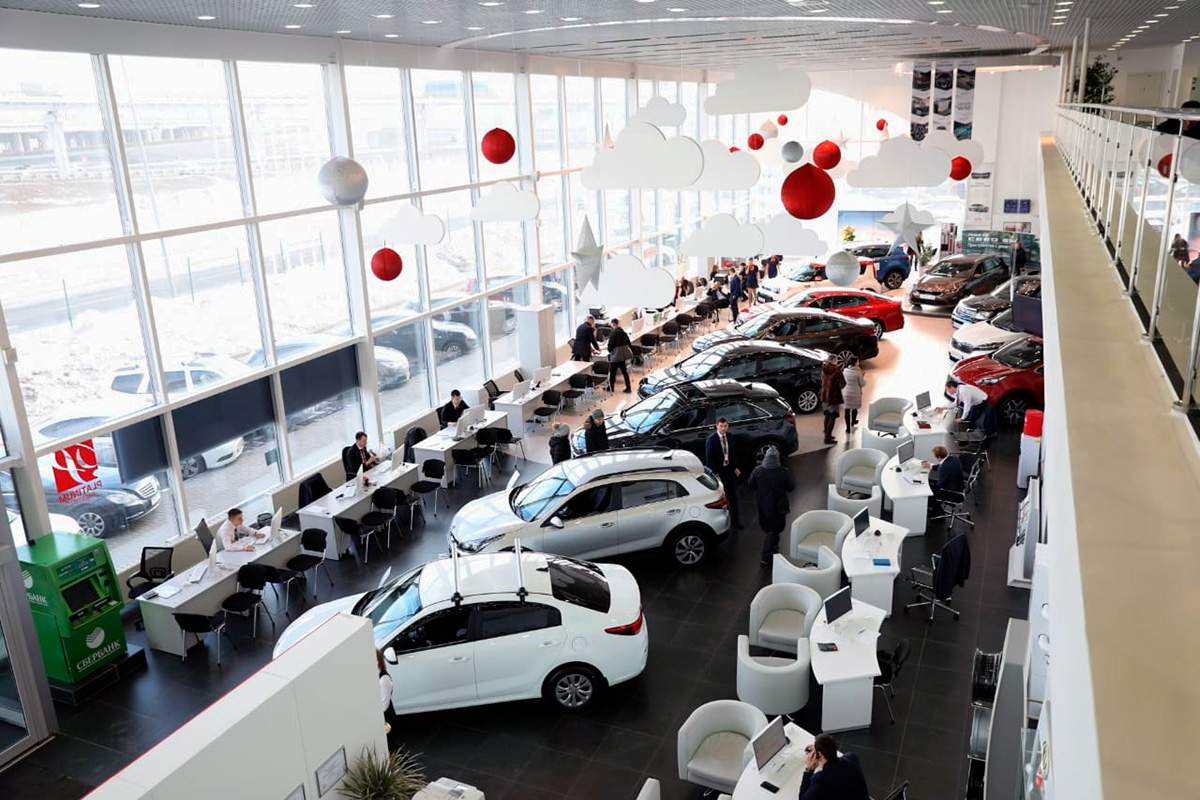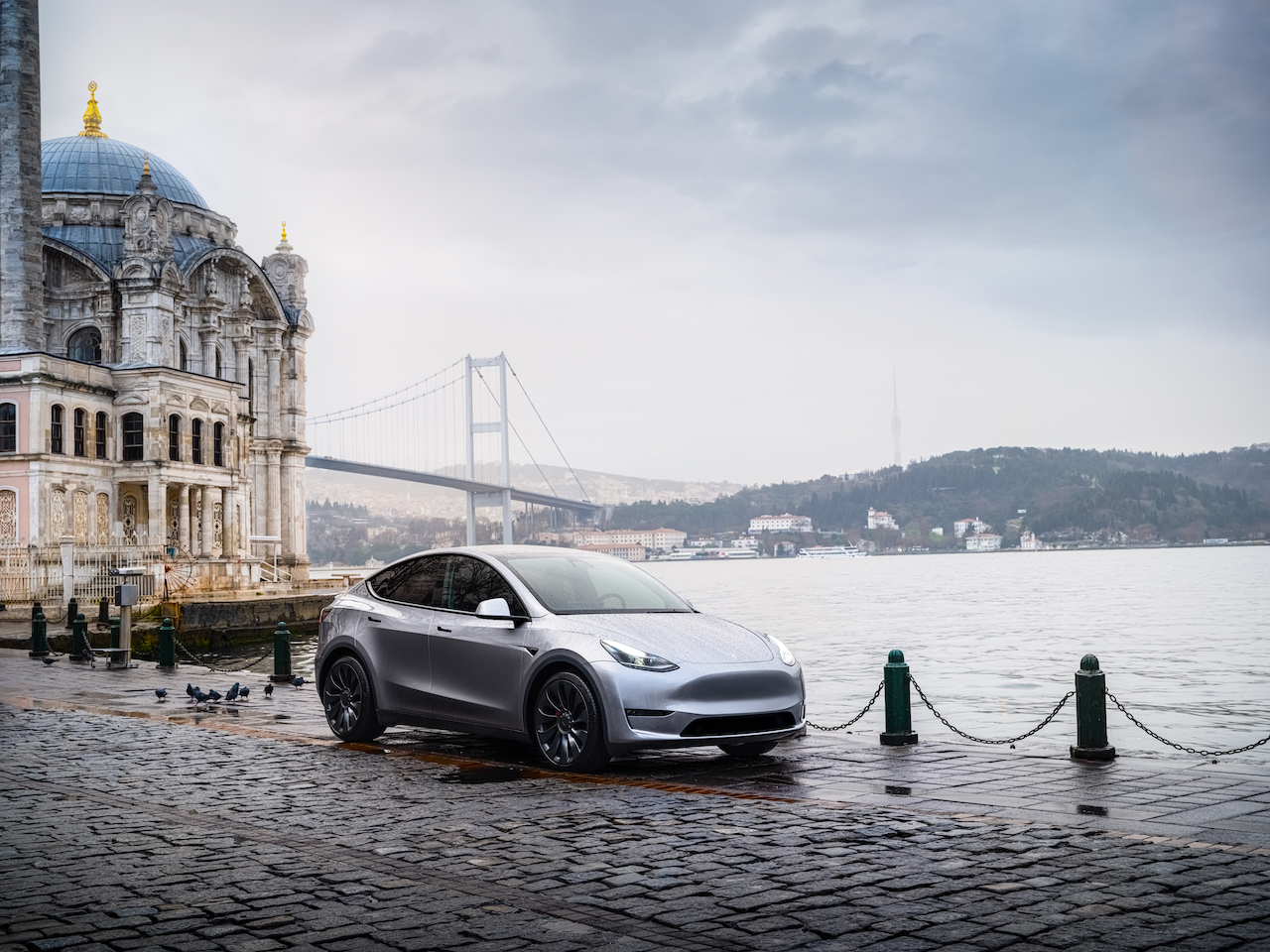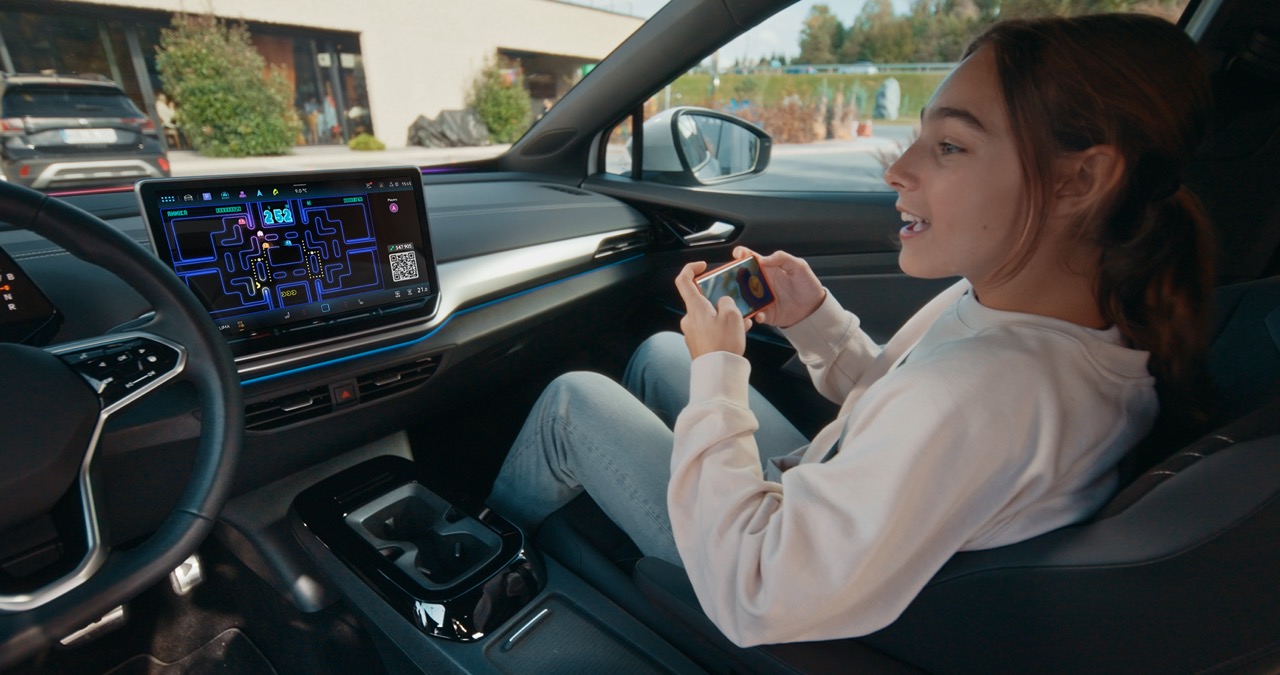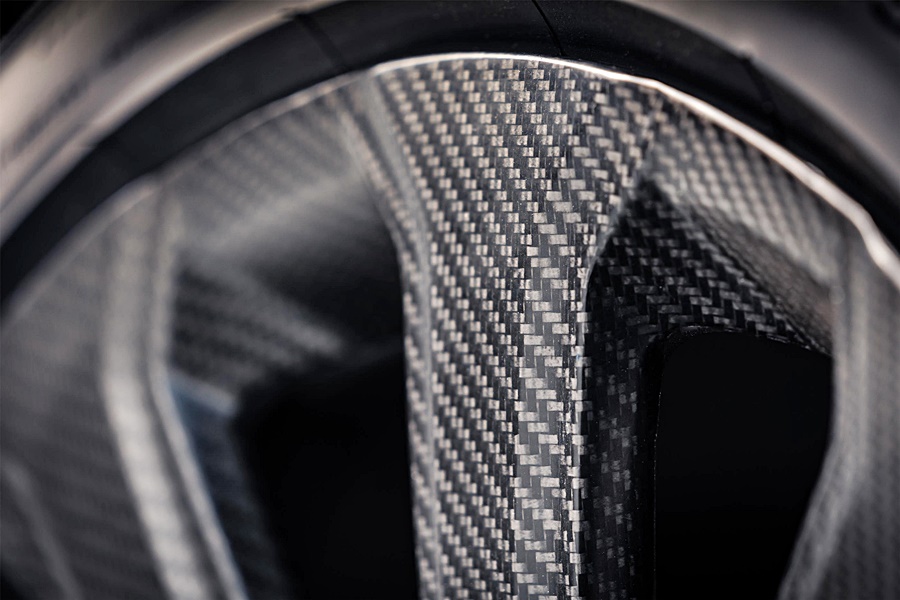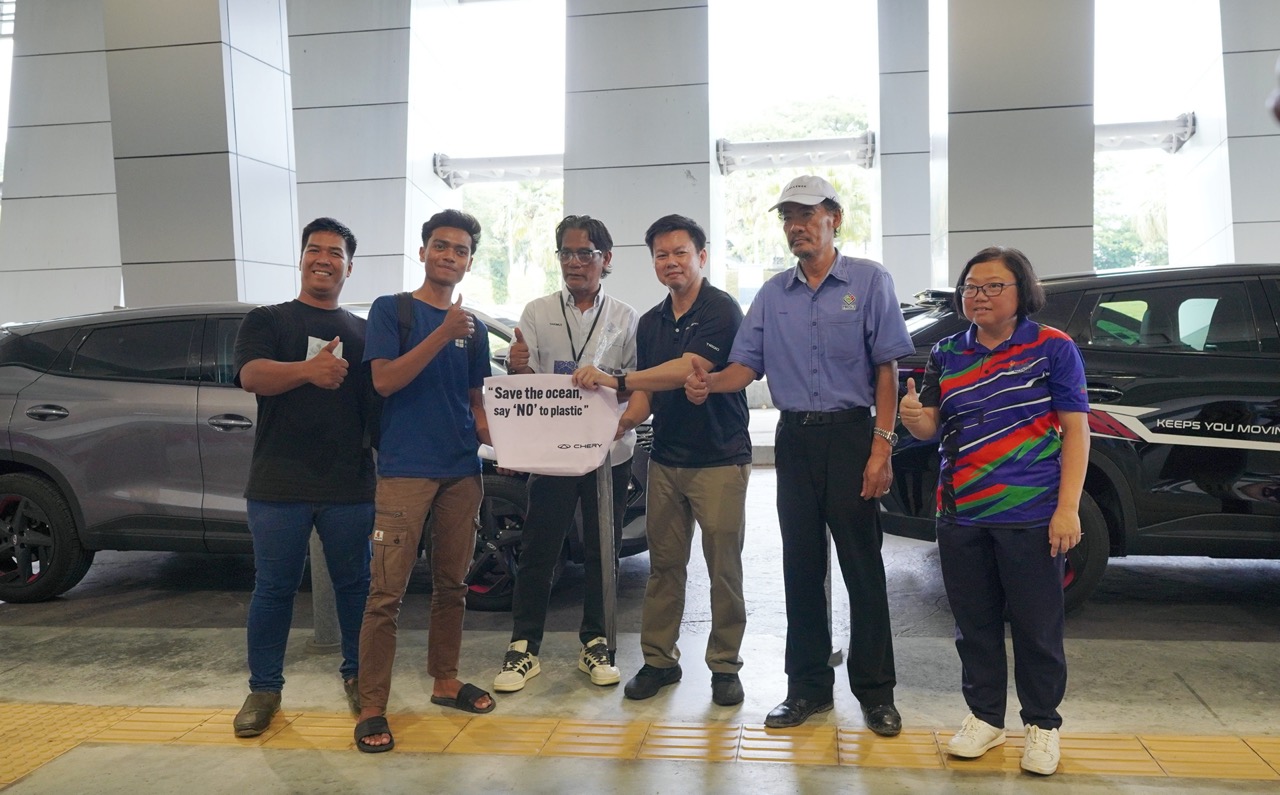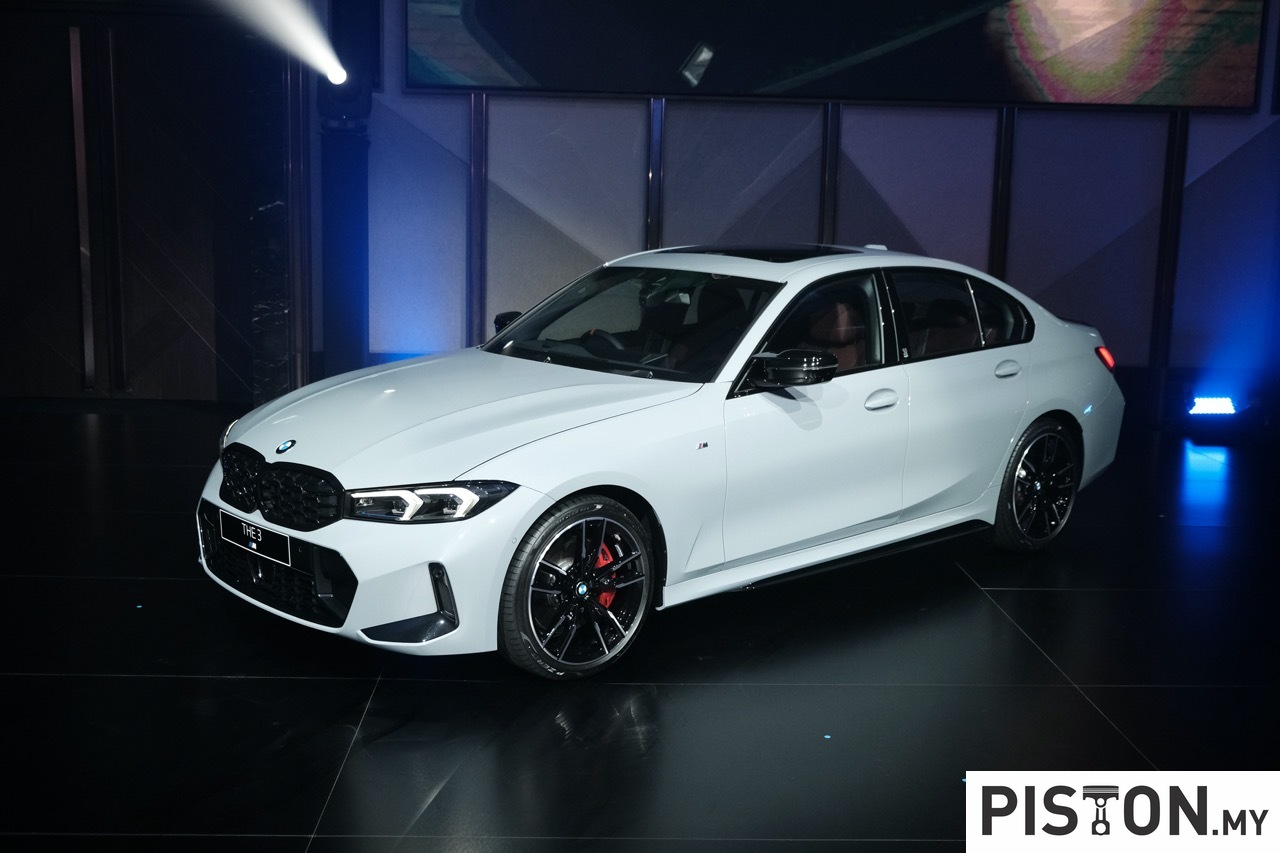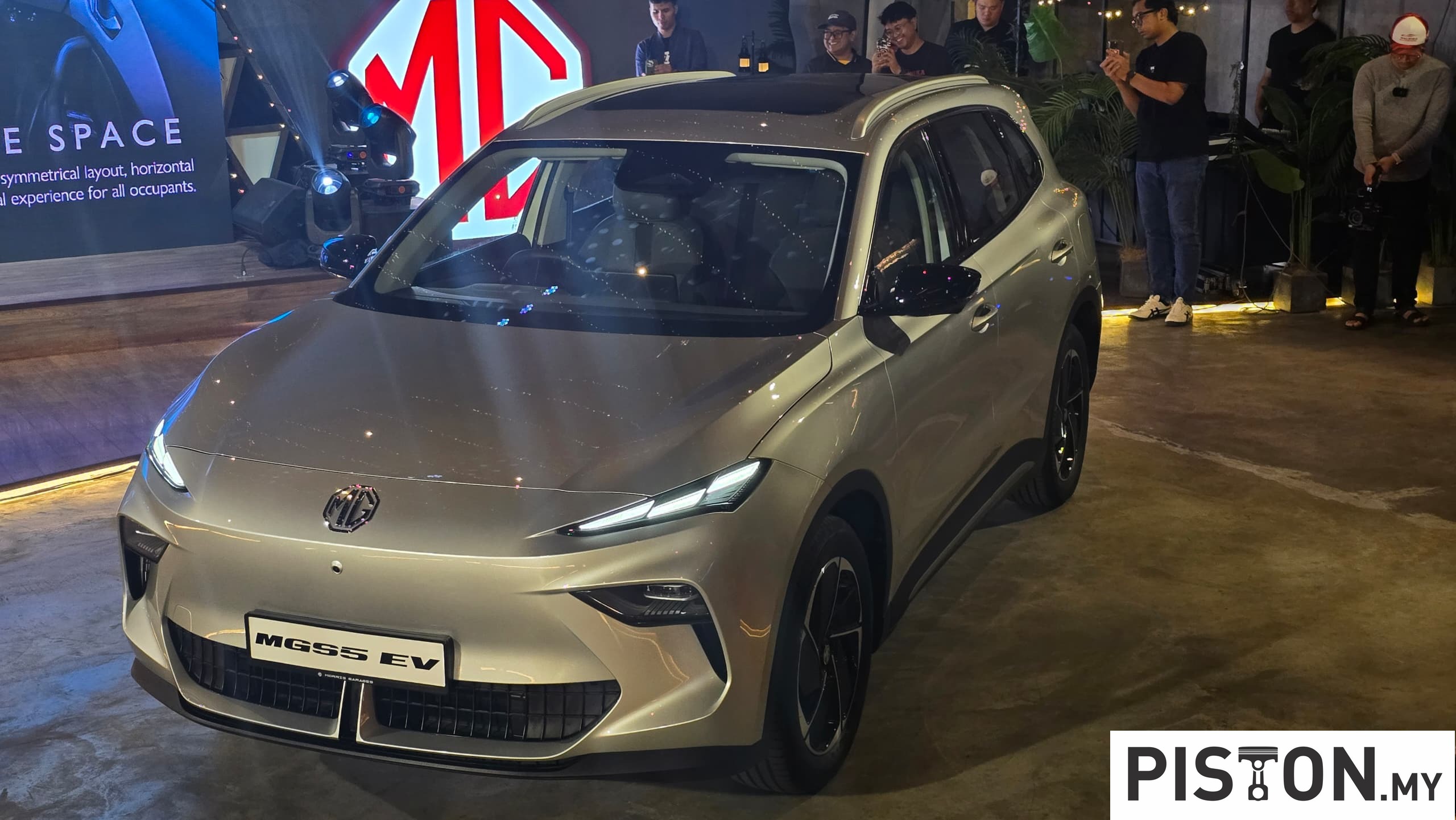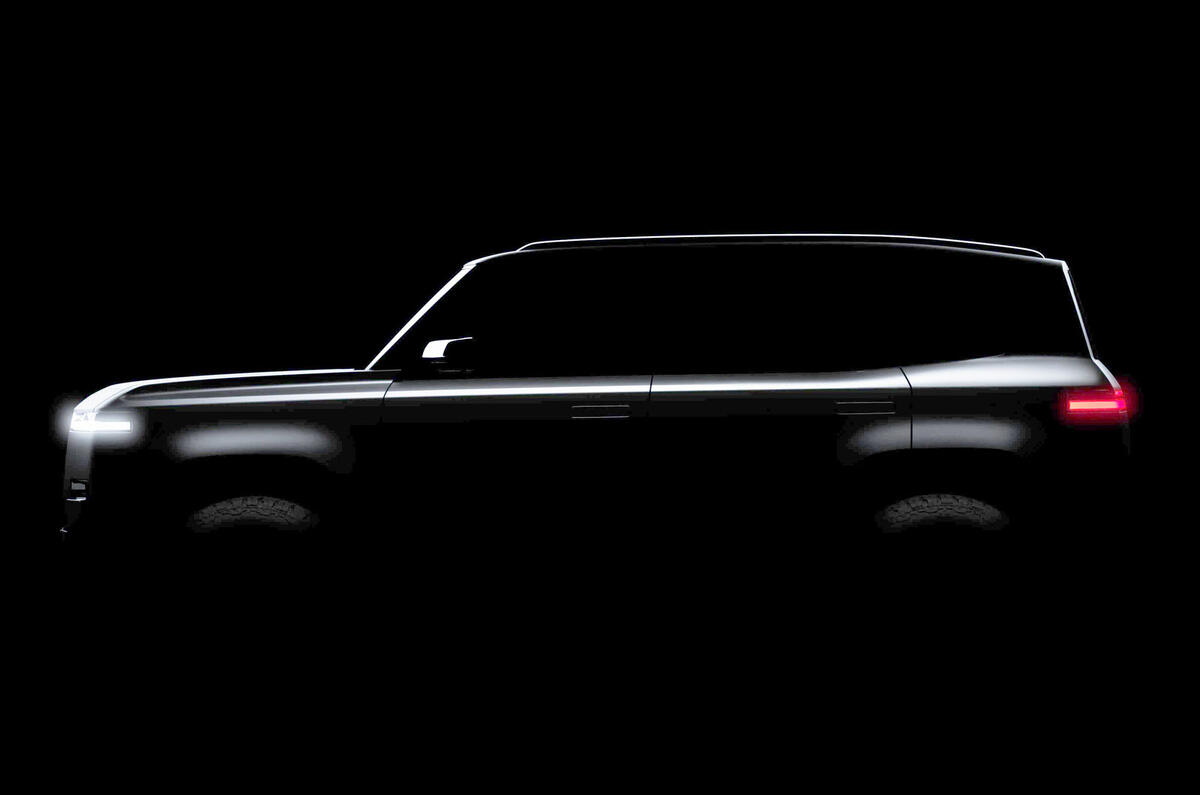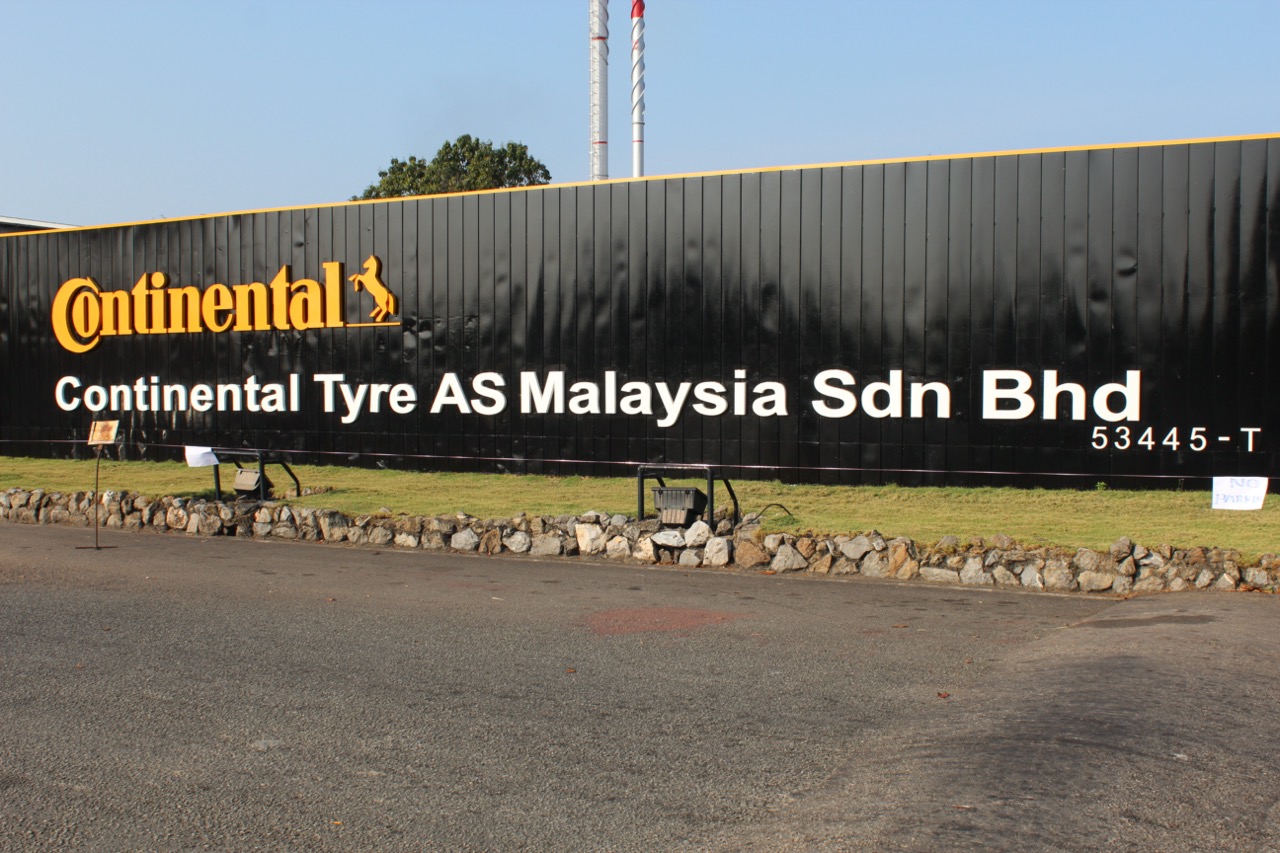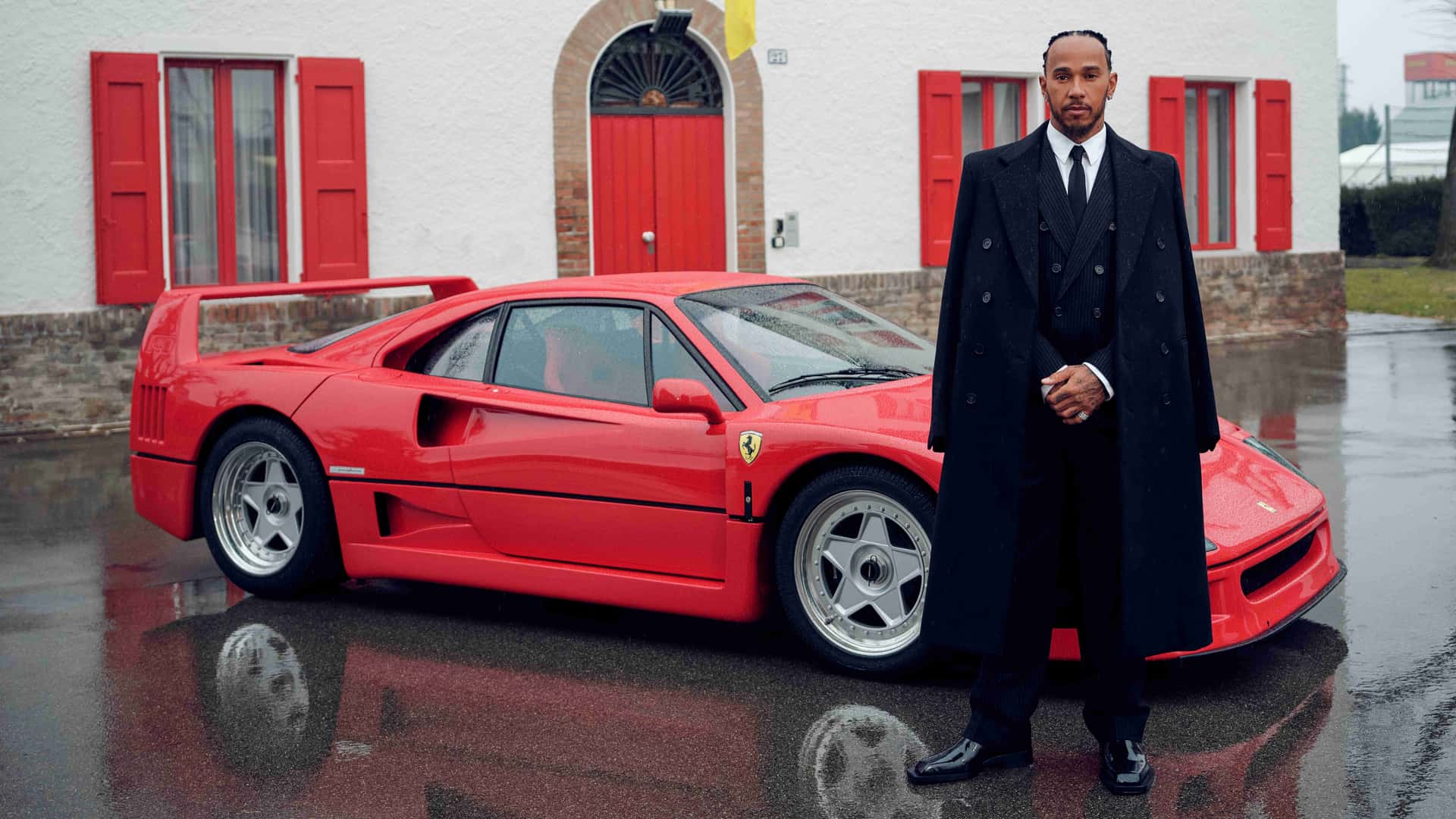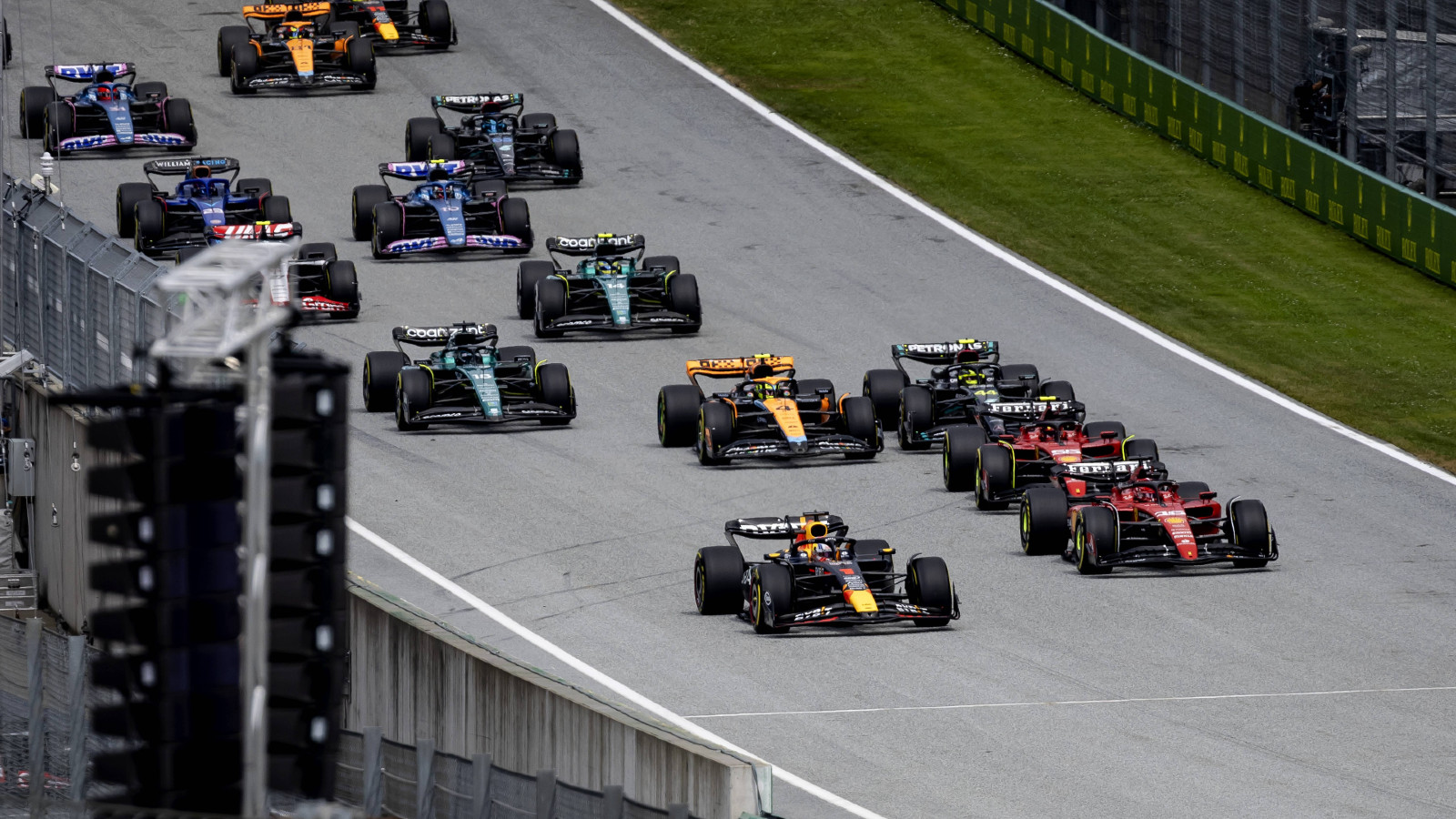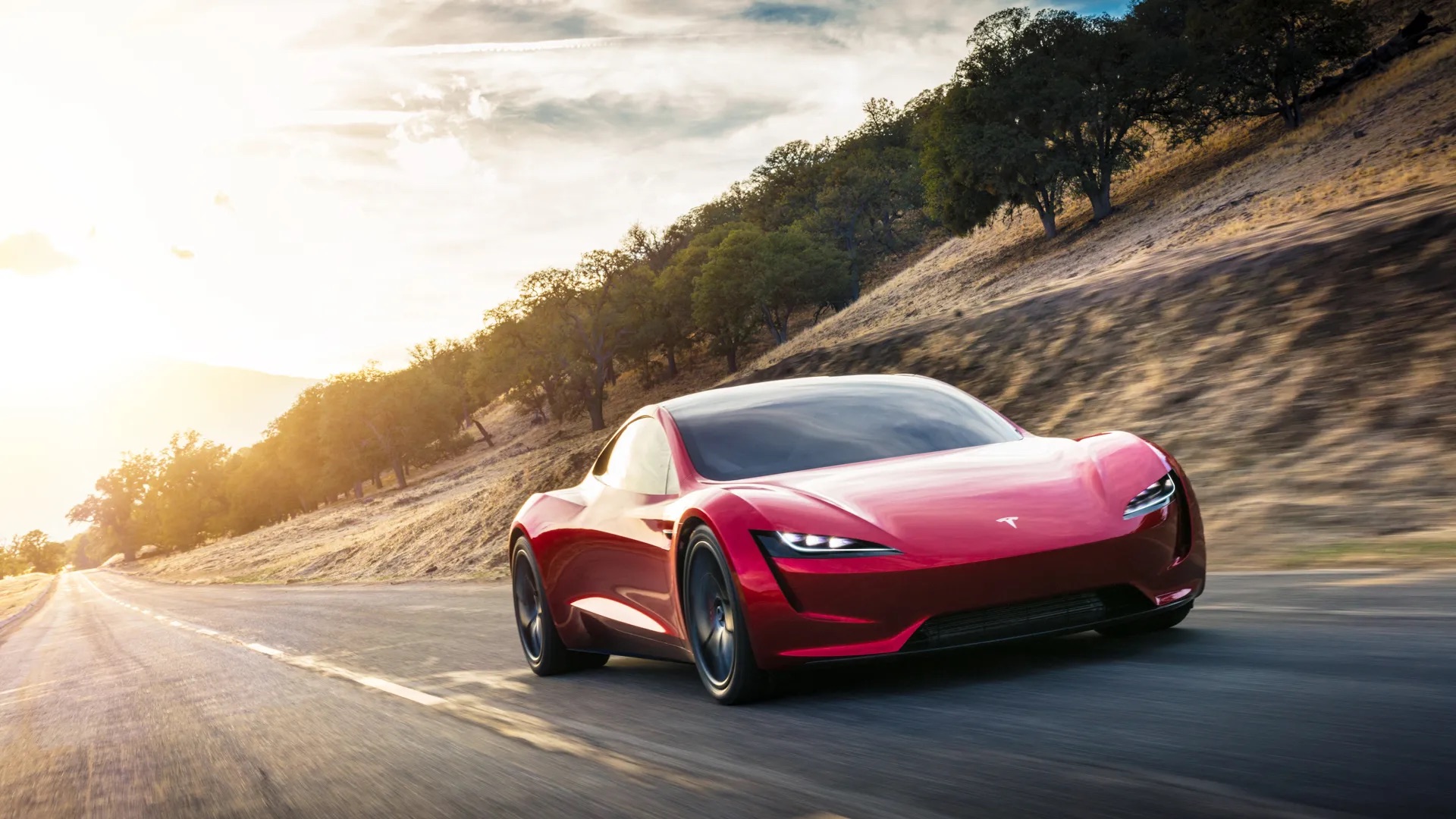Ferrari Atelier unveils a limited edition of the 296 GTB Assetto Fiorano, paying tribute to Scuderia Ferrari’s 2004 Hungarian Grand Prix victory with the F2004. Limited to just five units, this special edition features a striking livery combining the metallic Rosso F1 shade with Bianco King White accents.
The design includes the iconic number 1 on the bonnet, reminiscent of Ferrari’s dominance in Formula 1 during that era.
Built on the 296 GTB platform with the Assetto Fiorano package, the special edition maintains the electrified powertrain’s formidable performance. The mid-mounted twin-turbo 2.9-litre V6, combined with an electric motor, delivers an impressive 819hp and 740Nm of torque.
Additional features include carbon fibre elements, Multimatic shock absorbers, optional carbon fibre wheels with Michelin Pilot Sport Cup 2 R tires, and distinctive interior details like embroidered headrests depicting the Hungaroring track and the Hungarian flag.
This limited-edition Ferrari serves as a nostalgic celebration of the brand’s historic achievements in Formula 1, offering an exclusive and visually stunning tribute to the F2004’s triumph.
Ferrari has maintained its tradition of exclusivity, limiting the production to just five units. The Italian automaker confirmed that all five of these special editions have been sold to customers in Hungary but did not reveal the pricing.

